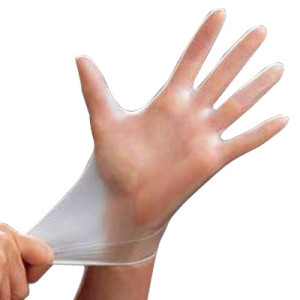Mandating glove use or no barehand contact quickly becomes a political issue. The public health folks point at risk factors and research that suggests that a barehand contact violation is twice as likely to occur at a norovirus outbreak-linked restaurant than a nonoutbreak restaurant. The industry strikes back with calls of increased costs, practicality problems, enforcement issues and limitations (like that folks do dumb things with gloves on).
According to Betty Hallock of the Los Angeles Times, California Governor Jerry Brown is expected to sign a law repealing his state’s so-called glove rule this weekend.
The state Assembly’s Health Committee, which proposed the original bill that Gov. Brown signed into law, voted to repeal that section of the Health and Safety Code in March. On Wednesday, Assemblyman Richard Pan (D-Sacramento) said at a news conference: “We want laws that promote public health, not a deterrent for business. … I am committed to working with the restaurant community to roll back the glove law so we can move [toward] meaningful conversation on food safety.”
Pan is the author of the bill that would reverse the law that says cooks and bartenders must wear disposable gloves or use scoops, tongs or other utensils when handling “ready-to-eat” food such as fresh fruit and vegetables, bread, deli meats — anything that won’t be cooked or reheated before it goes out to customers.
Having policies in place to avoid barehand contact is a good thing (whether it is imposed by regulators or by businesses themselves). Gloves are just a tool. If barehand contact is allowed, hands need to be super duper clean.
All the political rhetoric misses the point that about 1-in-6 Californians get sick from food each year and dirty hands touching food (gloved or not) contributes to the burden of illness. Getting folks in restaurants to implement food safety risk reduction steps (handwashing, cooking to proper temperatures, not cross-contaminating) is really where focus should go.
